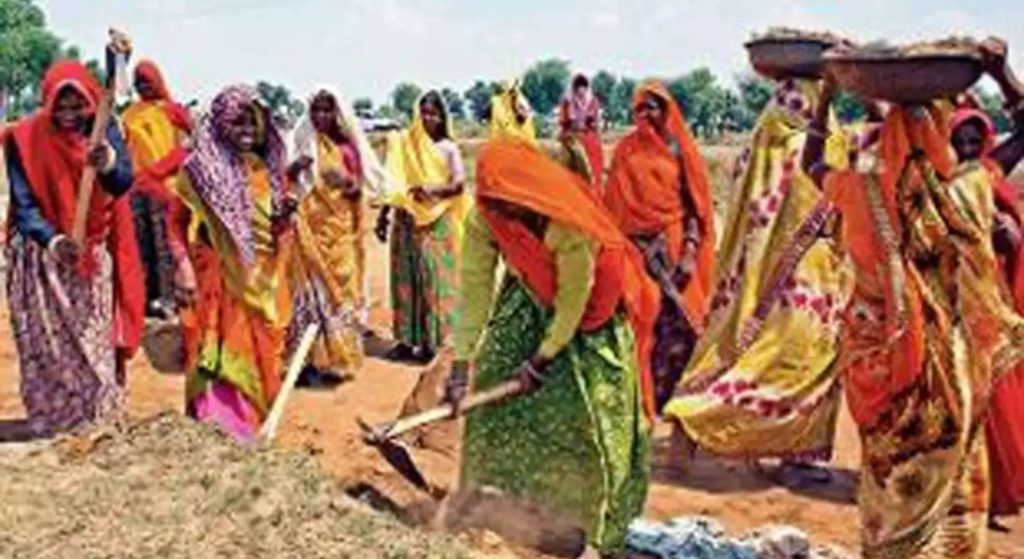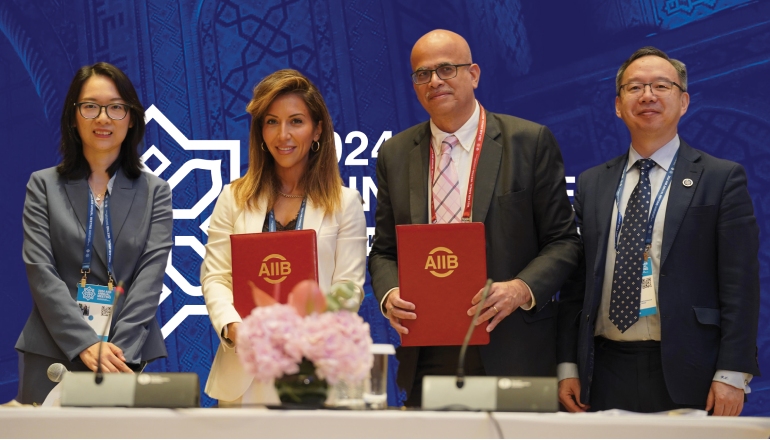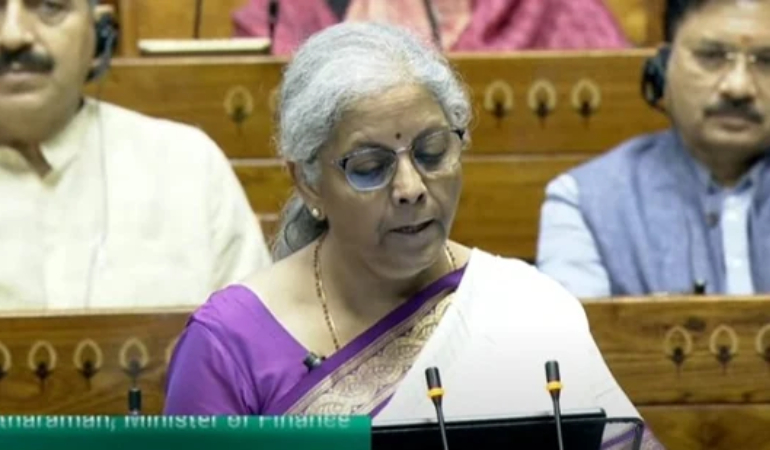The Mahatma Gandhi National Rural Employment Guarantee Scheme (MGNREGS) is a major contributor to global Nature-based Solutions (NbS) employments, according to a new UNCCD report released at COP16.
The State of Finance for Nature (SFN) 2023 report by UNEP estimates that only 1.8% of global employment is contributed by Nature-based Solutions (NbS), with 95% of this contribution coming from MGNREGS in India.
The report, titled Decent Work in Nature-based solutions 2024, highlights that 93% of the world’s NbS employments are concentrated in the Asia-Pacific region, with over half of the 59 million people employed globally through such employments being women.
However, full-time employment accounts for 85-87% of the global contribution, with the majority coming from low- and middle-income countries (LMICs).
The report also highlights that 57% of expenditure occurs in high-income countries, while Asia-Pacific contributes to 44% of global NbS expenditure. The report predicts that an annual increase of up to $542 billion per year by 2030 could create 20-32 million new jobs in the agriculture and forestry sectors.
Nature-based Infrastructure (NbI) would be essential for addressing climate change and other challenges, with an estimated $$2.9 trillion in NbI potentially pumping up significant investment for infrastructural growth.
Currently, NbS work is informal, poorly skilled, and vulnerable to climate change shocks. Increasing investments could create jobs, but regions still need sector-specific upskilling.
However, scaling NbI and NbS may pose challenges due to lack of policies, data, implementation timelines, skill gaps, awareness, and funding, especially in low-income countries.
The findings will feed global policies and investments to promote NbS and achieve sustainable inclusive economies
and societies.
Key findings:
- Employment: 60.5–63 million people (1.8% of total global employment) currently work in NbS globally.
- 95% of this employment is concentrated in Asia and the Pacific, primarily driven by Mahatma Gandhi National Rural Employment Guarantee Scheme (MGNREGS).
- Youth Employment: ~14% of NbS workers are youth (ages 15–29).
- Women Employment: Constitute 1/3rd of the NbS workforce globally.
- Contribution to Gross Domestic Product (GDP): Contributes only 0.3% to the world’s GDP.
- Opportunities: “Green-grey” infrastructure (both built and Nature based Infrastructure); generate 20–32 million new jobs by 2030.
Recommendations:
Strengthen National NbS policy frameworks: Integrate NbS into infrastructure, agriculture and other sectors.
Training programmes to address diverse skills needs: Integrating NbS into education and training curricula in both rural and urban settings.
Promote inclusivity in the NbS workforce: Ensure fair wages, safe working conditions, social dialogue and social protection, including marginalized communities.
Research and data collection: Informed decision-making, improve data collection on NbS employment, skills and project outcomes.
The report is a joint contribution of the International Labour Organization (ILO), United Nations Environmental Programme (UNEP), and International Union for Conservation of Nature (IUCN) to the United Nations Decade on Ecosystem Restoration. The report emphasizes that NbS can not only address climate change issues but also generate employment, with better quality jobs helping promote NbS.












